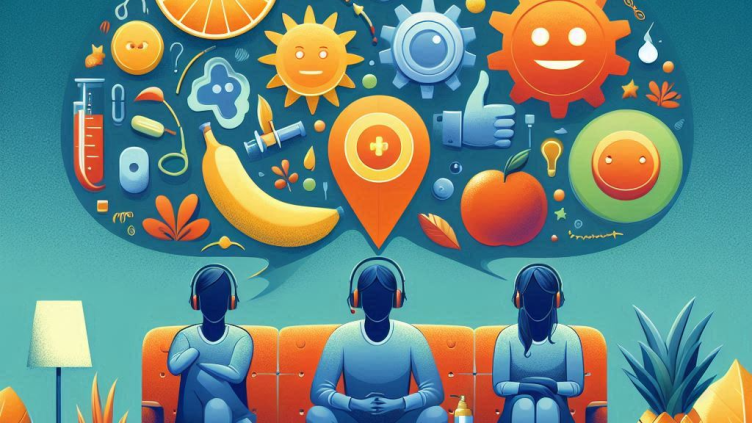This article highlights a crucial and often overlooked aspect of India’s rigorous entrance exam culture—its psychological toll on students. Rajasthan’s initiative to establish psychological schools in Kota is indeed a commendable step toward addressing the mental health crisis among students preparing for IIT-JEE & NEET.
- Addressing Mental Health in Coaching Hubs
- Kota has gained international recognition for its coaching industry but has also become infamous for the rising student suicide rates. A structured psychological support system can help students cope with stress, failure, and parental expectations.
- It would be beneficial if the state government integrates these schools with career counselling services, stress management workshops, and peer support networks.
- The ‘Dummy School’ Crisis
- The phenomenon of ‘dummy schools’—where students are enrolled in formal schools only on paper while dedicating their time entirely to coaching institutes—has deprived students of holistic development.
- The government must regulate this practice and ensure that students get a balanced education that includes social interaction, emotional intelligence, and life skills.
- The Myth of Security Through IIT-JEE & NEET
- Many students and parents believe that clearing these entrance exams guarantees financial and social security. However, rapid technological advancements and AI-driven automation are making traditional job security more uncertain.
- Success in life today requires more than just academic excellence. Skills like creativity, adaptability, emotional resilience, and global awareness are now equally important.
- The Role of AI & Virtualization
- The rise of AI and automation has shifted employment patterns. Many traditional jobs are being replaced or transformed.
- Students need exposure to interdisciplinary learning that combines technology with soft skills, critical thinking, and global perspectives.
- A Need for a Paradigm Shift in Education
- Educational institutions should integrate 21st-century skills—communication, collaboration, innovation, and adaptability—into their curriculum.
- Policies should focus on reducing fear-based education and creating an ecosystem where students learn for knowledge and personal growth, not just for cracking exams.
Facebook
LinkedIn
WhatsApp

